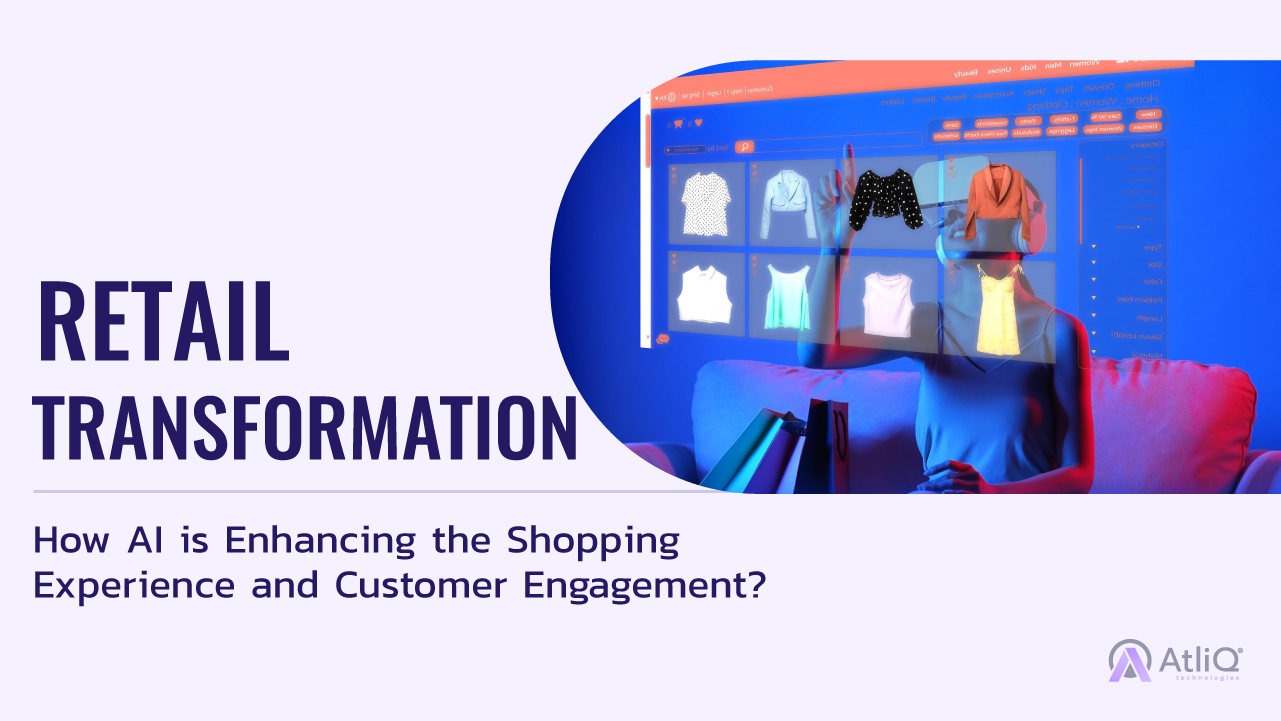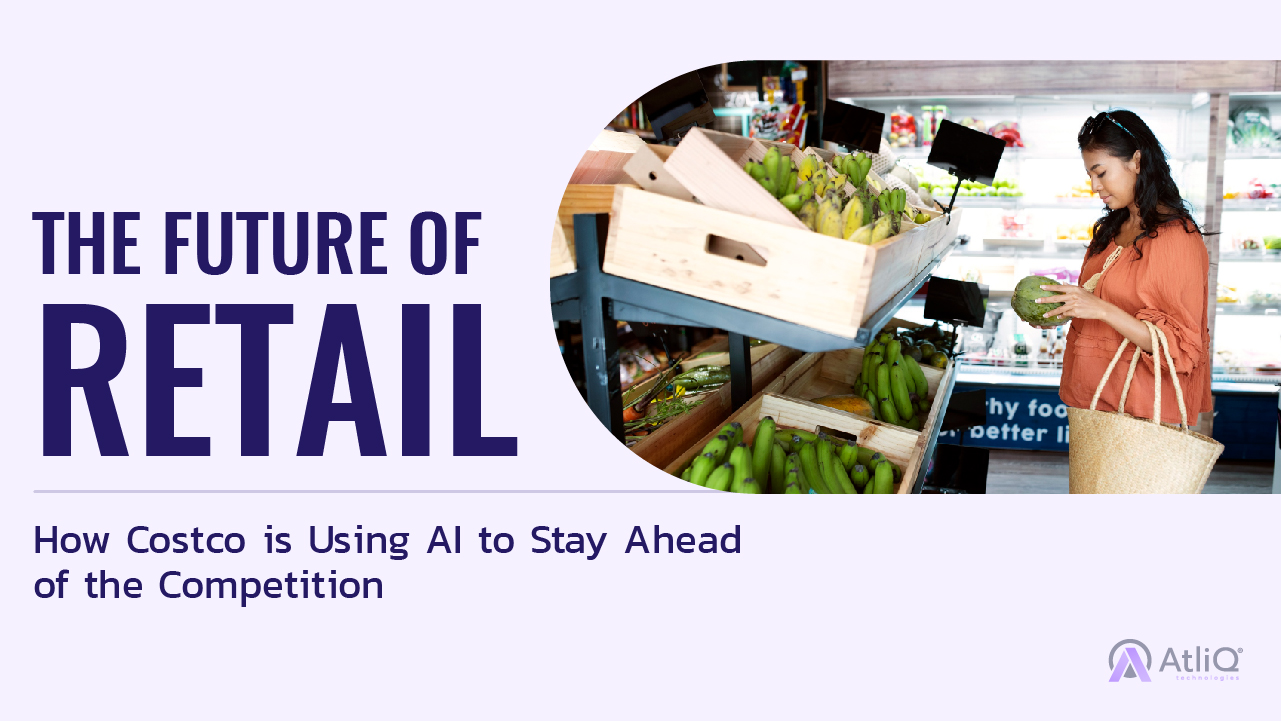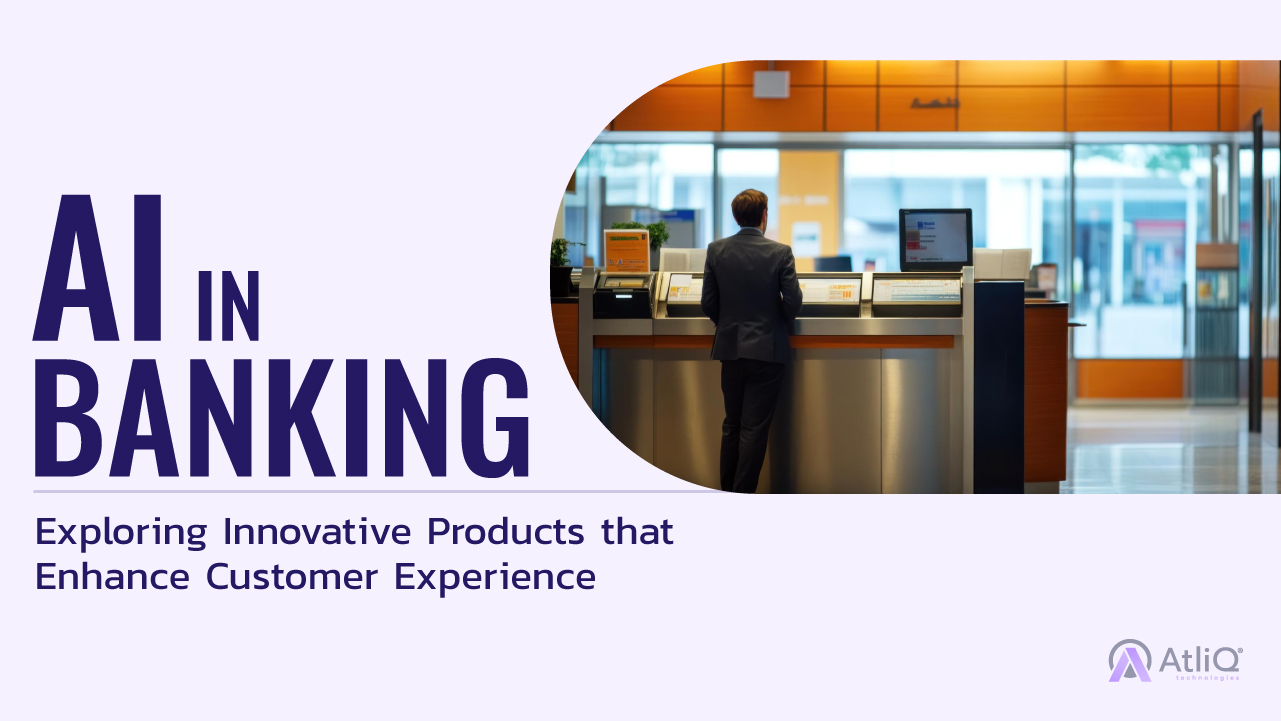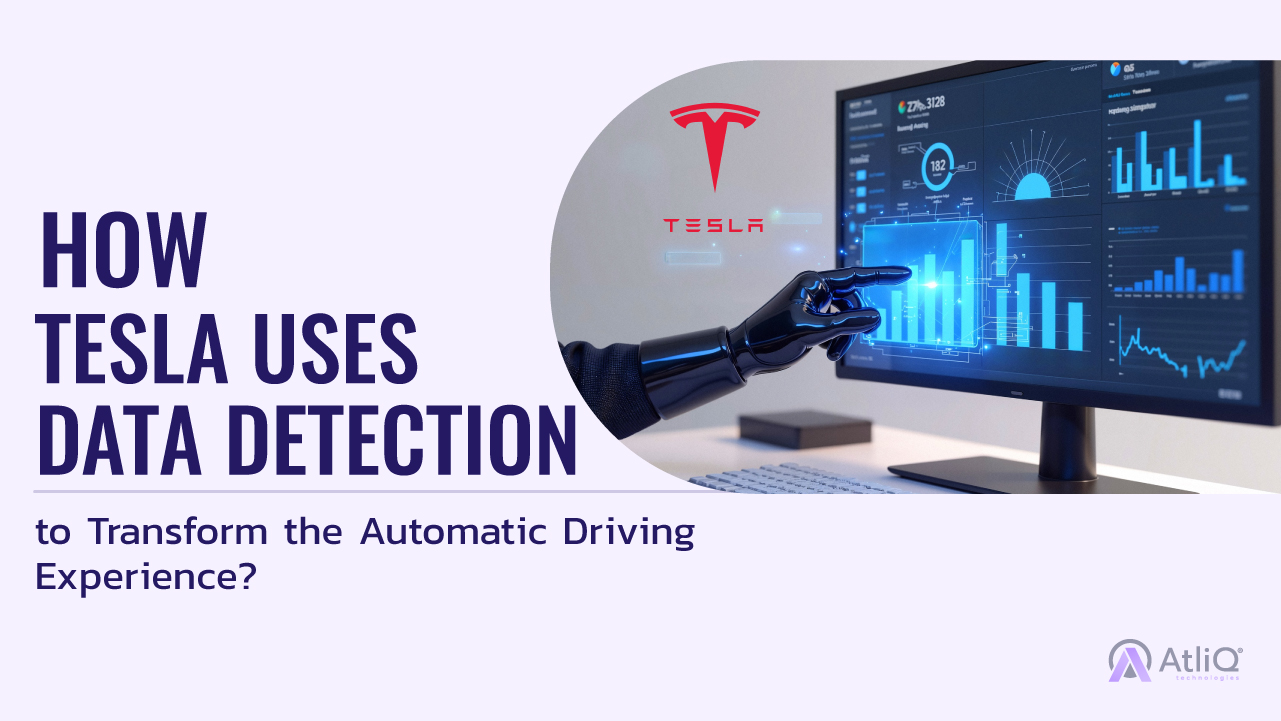
Imagine walking into a store where every product is tailored to your tastes, every price is optimized for your budget, and every interaction feels remarkably personal. This isn’t a futuristic dream—it’s rapidly becoming reality, thanks to the revolutionary power of artificial intelligence (AI) in retail. According to a 2024 report by McKinsey, AI-driven personalization has increased online sales by up to 30% for leading retailers in the past year alone. This staggering figure highlights just how transformative AI has become in shaping the modern shopping experience.
Artificial intelligence, once a buzzword confined to tech enthusiasts and sci-fi novels, has now become an integral part of our daily lives. In retail, AI is not just a tool; it’s a game-changer. From predictive algorithms that suggest products you didn’t even know you wanted to chatbots that resolve issues before you even notice them, AI is redefining the way we shop and interact with brands.
Current Trends of AI in Retail
Today, AI’s role in retail has expanded dramatically, driven by advancements in deep learning, natural language processing, and computer vision. Current trends showcase AI’s capabilities in revolutionizing the shopping experience:
- Enhanced Personalization: AI algorithms now analyze vast amounts of data in real-time to deliver hyper-personalized shopping experiences. For instance, platforms like Shopify use AI to tailor product recommendations based on individual customer behavior and preferences.
- Conversational AI: Modern chatbots and virtual assistants have evolved from simple Q&A systems to sophisticated, AI-driven platforms capable of understanding and responding to complex customer inquiries, improving customer service efficiency.
- Visual Search and Augmented Reality (AR): AI-powered visual search tools allow customers to upload images and find similar products instantly, while AR applications enable shoppers to virtually try on items or see how products will look in their space.
- Supply Chain Optimization: AI is transforming inventory management and supply chain logistics through predictive analytics, which help retailers anticipate demand and streamline operations, reducing waste and improving stock availability.
These advancements demonstrate AI’s profound impact on retail, making shopping experiences more intuitive, efficient, and tailored to individual needs. As technology continues to evolve, the potential for AI to reshape the retail landscape remains vast and exciting.
AI-Driven Personalization
Personalized Recommendations: AI-driven personalization is revolutionizing the way consumers interact with retail platforms. At the heart of this innovation are sophisticated algorithms that analyze vast amounts of consumer data—ranging from past purchase history to browsing behavior and even social media activity. These algorithms can predict what products a customer is likely to be interested in and make tailored recommendations.
A prime example of this is Amazon’s recommendation engine. Amazon uses a combination of collaborative filtering and machine learning techniques to suggest products based on a user’s browsing history, previous purchases, and items in their shopping cart. This system not only enhances the shopping experience but also drives additional sales by presenting users with items they might not have discovered otherwise.
Dynamic Pricing: Another significant advancement in AI-driven personalization is dynamic pricing. AI systems can analyze real-time data on demand, competitor pricing, and market conditions to adjust prices instantly. This ensures that prices are optimized to maximize sales and profits while staying competitive.
Retailers like Uber and airlines use AI for dynamic pricing, adjusting fares or ticket prices based on factors such as peak travel times, booking patterns, and even weather conditions. In retail, dynamic pricing helps manage inventory levels more effectively, respond to market fluctuations, and offer personalized discounts, making pricing strategies more agile and responsive to consumer behavior.
Customer Experience Enhancements: AI also plays a crucial role in enhancing overall customer experiences. By leveraging data on individual preferences and behaviors, AI enables retailers to create highly personalized marketing messages and shopping experiences. This includes tailored email campaigns, personalized product suggestions, and customized promotions that resonate with each customer’s unique interests.
For instance, AI can analyze a customer’s past interactions with a brand to deliver targeted ads or offers that align with their specific needs and preferences. This level of personalization not only improves engagement but also fosters a stronger connection between the retailer and the customer, leading to increased loyalty and satisfaction.
In summary, AI-driven personalization is transforming retail by making shopping experiences more relevant and engaging. Through personalized recommendations, dynamic pricing, and tailored marketing efforts, AI is reshaping how retailers connect with consumers and drive their business forward.
Enhancing the In-Store Experience
- Smart Shelves and Checkout Systems: AI is transforming physical retail spaces with smart shelves and automated checkout systems. Smart shelves equipped with AI sensors can track inventory in real-time, alerting staff when stock is low and ensuring shelves are always well-stocked. Automated checkout systems, such as those found in Amazon Go stores, use AI to enable cashier-less transactions. Shoppers can grab items and leave without waiting in line, as the system automatically detects and charges for their purchases.
- Augmented Reality (AR) Shopping: AR is enhancing the in-store experience by allowing customers to visualize products in their own space. AI-powered AR applications, like the IKEA Place app, let users see how furniture will look in their homes before making a purchase. This technology helps customers make more informed decisions and improves their overall shopping experience by bridging the gap between online and physical shopping.
- In-Store Navigation: Navigating large retail stores is becoming easier with AI-driven in-store navigation systems. These systems use AI to guide customers to specific products and sections within the store, making shopping more efficient. With real-time mapping and location-based services, shoppers can quickly find what they’re looking for, enhancing convenience and reducing frustration.
AI is making the in-store shopping experience smarter and more seamless, from automated checkout and inventory management to personalized navigation and AR visualization. These advancements not only streamline operations but also create a more engaging and efficient shopping journey for customers.
Data-Driven Marketing Strategies
Consumer Insights: AI is transforming marketing strategies by leveraging consumer data to craft highly targeted campaigns. Advanced AI algorithms analyze vast amounts of data, including browsing history, purchase behavior, and social media interactions, to uncover deep insights into consumer preferences and trends. For example, AI can segment audiences based on various criteria, such as demographics or buying habits, allowing marketers to personalize email campaigns effectively. This level of personalization ensures that marketing messages resonate with individual consumers, increasing engagement and conversion rates.
Predictive Analytics: Predictive analytics is another powerful application of AI in marketing. By analyzing historical data and identifying patterns, AI can forecast future trends and consumer behavior with remarkable accuracy. This capability enables marketers to anticipate market shifts, optimize their strategies, and make data-driven decisions. For instance, AI can predict which products are likely to become popular, allowing businesses to adjust their inventory and marketing efforts accordingly. This proactive approach helps companies stay ahead of the curve and better meet customer needs.
In summary, AI-driven consumer insights and predictive analytics are revolutionizing retail marketing strategies. By providing a deeper understanding of customer behavior and forecasting future trends, AI enables businesses to create more effective, personalized marketing campaigns and make informed strategic decisions.
The retail sector is witnessing an extraordinary transformation, driven by the relentless advancement of artificial intelligence. From personalized recommendations that make shopping more intuitive to dynamic pricing strategies that adapt in real-time, AI is reshaping how consumers interact with brands. In-store innovations like smart shelves and automated checkout systems are enhancing the physical shopping experience, while AI-powered customer service tools ensure support is more efficient and accessible than ever before.
As AI continues to evolve, its impact on retail will only deepen, offering even more sophisticated tools to understand and anticipate consumer needs. Retailers who embrace these technologies stand to gain a significant edge, not only by improving operational efficiency but also by delivering an exceptional, personalized shopping experience that delights customers and drives loyalty.


